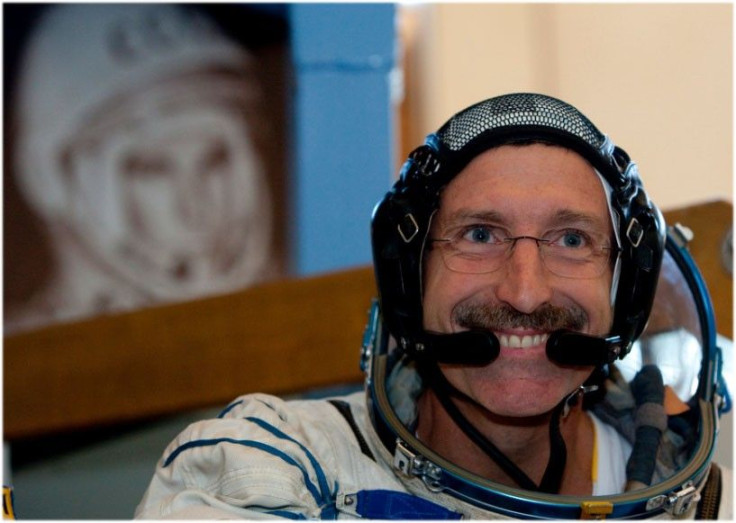NASA Desperately Needs More Astronauts or Risk Shortages of Key Skills: Report

U.S. space agency NASA is in desperate need of more astronauts to make certain that the International Space Station (ISS) is well-manned and should ensure their safety, according to the recommendation of a panel of experts at National Research Council (NRC).
The report by NRC's Committee on Human Spaceflight Crew Operations released Wednesday cautioned that NASA's body of active-duty astronauts have shrunk sharply from 150 members in 1999 to just 61 in 2011. While some astronauts died in accidents, many astronauts have retired and they are yet to be replaced.
However, replacement seems bleak as NASA's 30-year space shuttle program was scuttled last month and the needs of the ISS changed from building it to operating it. NASA's new space vision is to send astronauts to an asteroid by 2025, and to Mars by the mid 2030s.
The experts at NRC said 61 percent of the 500-odd astronauts, who have traveled to space since 1961 when Soviet cosmonaut Yuri Gagarin made headlines by being the first human to travel into space, are Americans. But now, NASA doesn't seem well-equipped to send men to moon and beyond.
“For human exploration and operations beyond low Earth orbit, the ISS task and skill set will need to be augmented by training for planetary surface operations, mission-specific operations and landing requirements, and science operations,” the NRC's report, which ran into 102 pages, said.
Reducing the size too much can create shortages of key skills, the report said.
And NASA should take serious view of this report as astronauts are trained for specific roles and missions can't be easily interchanged, according to Frederick Gregory, NASA's former deputy administrator and panel chairman.
Viewed as a supply chain, astronaut selection and training is very sensitive to critical shortfalls, Gregory said.
Panel Co-chairman Joe Rothenberg, a former senior NASA official and now with the SSC (previously known as the Swedish Space Corp) agrees and feels that it is essential that NASA maintains adequate training facilities...to ensure a robust astronaut corps. NASA has lost 13 astronauts due to medical reasons as they were found ineligible for long-duration missions, the report said. While many suffered from vision problems and bone loss, others were afflicted by physical injuries or radiation exposure severe enough to make them ineligible to go back to the orbiting space station.
And the problem is more immediate because ISS may need to be temporarily abandoned if NASA cannot find a new crew for the orbiting space station before the last of the six residents fly back to Earth in mid-November.
However, things are not as bleak as they sound. According to the report, NASA expects to hire 15 more astronauts over the next five years. The last group of astronauts — consisting of nine — was selected by NASA in 2009.
© Copyright IBTimes 2025. All rights reserved.





















